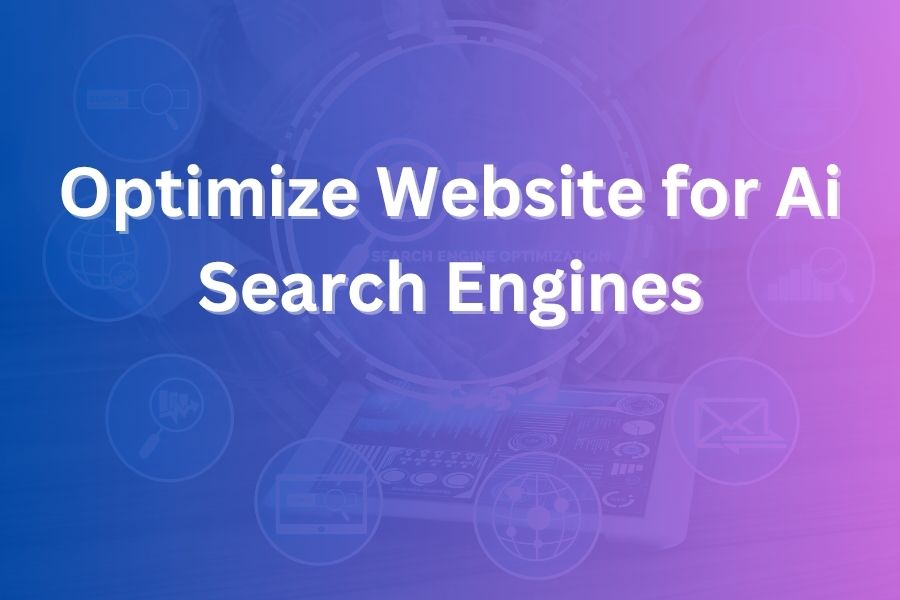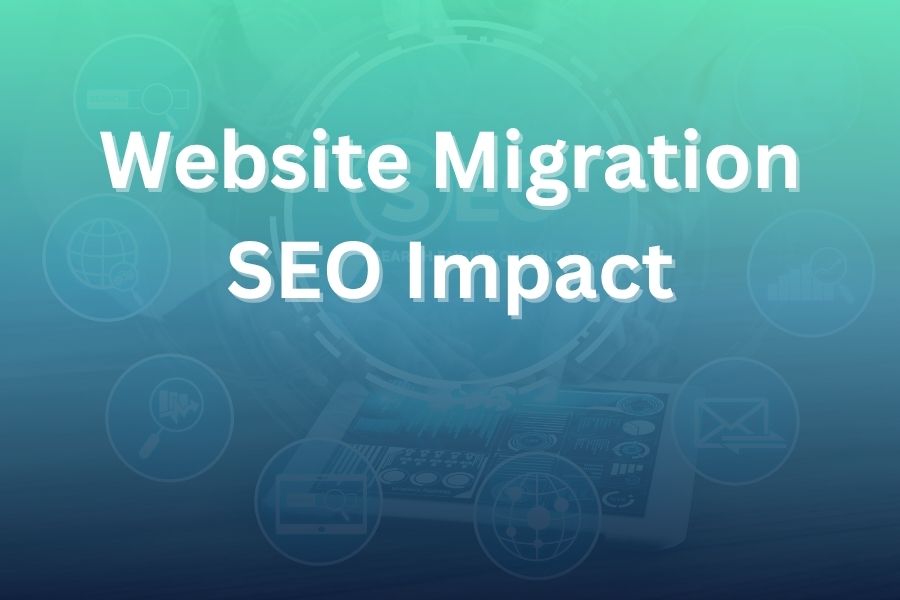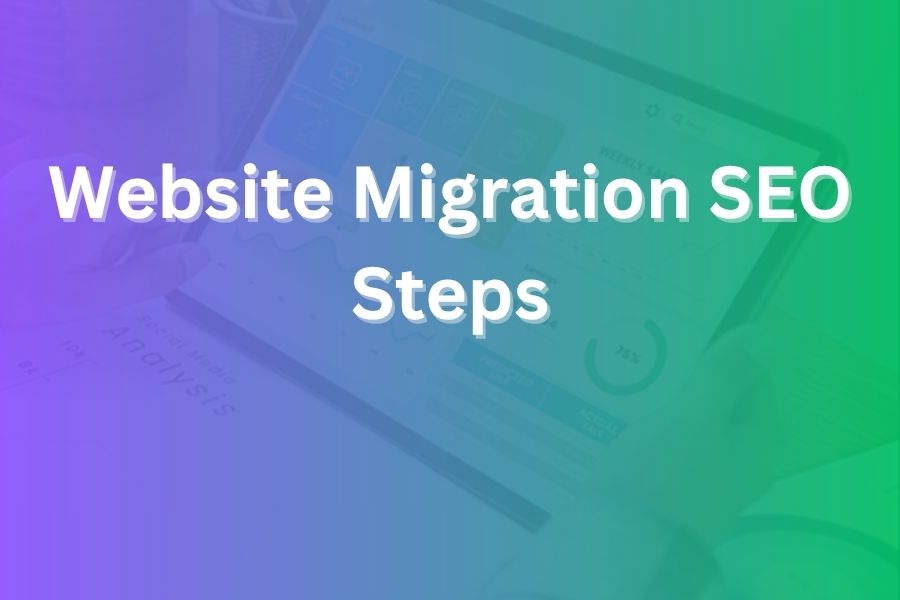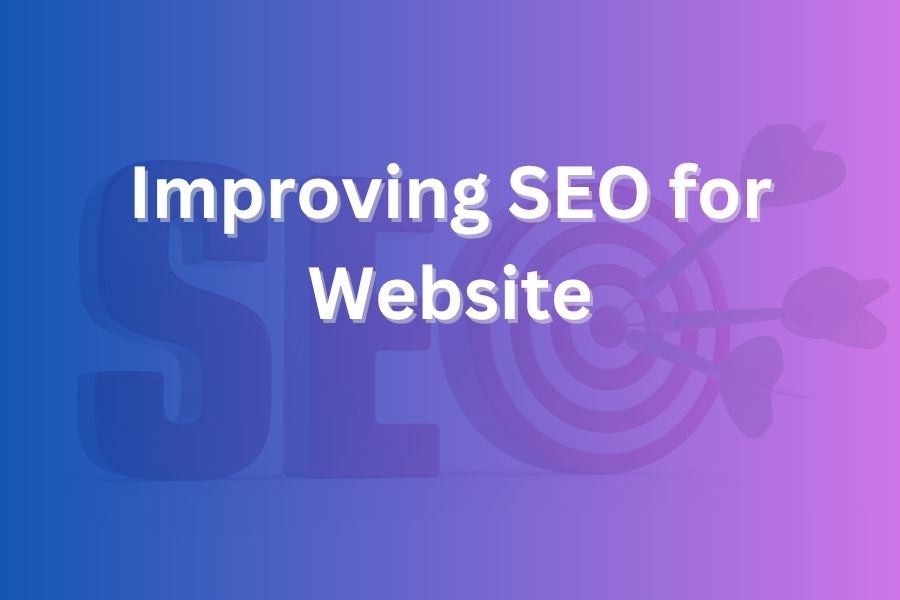
If you want your site to thrive in the era of AI-driven search, you must adapt how you optimize your website. Search engines powered by large language models are changing the rules.
In this article you will learn how to optimize your website for AI search engines, including technical setup, content strategy, and long-term best practices — so you stay ahead of the curve and capture AI-driven traffic.
What Are AI Search Engines and Why They Matter
When AI search engines such as conversational tools and generative-answer features become commonplace, your website no longer competes just in keyword rankings. These platforms pull answers directly and select sources based on context, structure, authority, and clarity.
You need to build your site so that these systems understand and cite your content. Traditional SEO remains important but must evolve to meet the demands of AI-enabled indexing and summarisation.
Understand How AI Engines Work
AI search engines emphasise user intent, language understanding and semantic relevance. They probe not just keywords but the meaning and structure of content. These systems favour content that answers user questions clearly and thoroughly.
Additionally, they rely on technical signals: fast load times, clean HTML, structured data markup, clear site architecture and mobile friendly design. If your site fails these fundamentals, AI engines may skip or misinterpret your pages.
Planning Your Website Architecture for AI
You should map your content with logical structure in mind. Group topics under clear headings, use internal linking that reinforces topical clusters, and label your pages with meaningful headings and H-tags that reflect user intent.
Long-tail queries and conversational phrases matter more than ever: for instance, “how do I optimize a site for AI search” rather than “site optimisation”. With a well-structured taxonomy, AI crawlers and language models can more accurately index and reference your site.
Create Content that AI Engines Want
Generate content with reader focus and machine readability. Start by answering core questions your audience asks, use plain and direct language, keep paragraphs short, and use sub-headings that reflect queries.
Include facts, data, examples, visuals, and schema markup to help AI understand your pages. Ensure you cover the topic comprehensively so AI systems regard your content as authoritative. Avoid thin content or keyword stuffing — instead, deliver real depth.
Use Structured Data and Metadata Strategically
Applying schema markup is one of the strongest signals to AI-driven engines. Use types such as FAQPage, HowTo, Article, and QAPage to clearly categorize your content. Structured data helps AI understand what each page is about and increases chances of being cited in AI answers.
Make sure metadata (titles, descriptions) is clear and aligned with user intent. Clean HTML, descriptive alt texts, logically nested headings and crawlable links all assist machine reading.
Technical SEO for AI-Friendly Performance
Your website must perform at high speed, be secure and work flawlessly on mobile devices. AI engines evaluate load speed, mobile usability, HTTPS security, and clean markup. Use a CDN, compress images, enable caching, defer non-essential scripts, and minimise render-blocking.
Ensure server responses are fast and avoid heavy JavaScript that blocks crawlers. Clean code and accessible architecture let AI agents index your content efficiently.
Optimize for Conversational Search and Long-Tail Queries
AI search often mimics a human-conversation format. That means you should think in terms of questions and answers. Use headings that match user queries, write paragraphs that respond to those queries directly, and incorporate synonyms and natural language phrases.
For example: “What is AI search engine optimisation?” or “How can I structure content for generative search results?” By doing so you align with how the AI systems interpret queries and deliver answers.
Ensure Your Content Is Authoritative and Trustworthy
AI algorithms favour sources that demonstrate expertise, experience and trust. Show credentials, cite authoritative data, update content frequently, and build your brand’s reputation. Include author bios, mention years of experience, and keep information current.
Provide case studies or concrete evidence if possible. AI systems tend to prefer pages that display expertise and reliability rather than purely promotional content.
Monitor Your AI Visibility and Adapt
Because AI search is evolving quickly, you need to track how your site performs in this new environment. Monitor metrics such as citations in AI response tools, featured snippet appearances, page traffic from AI referral sources, and ranking in generative search results.
Adapt your strategy as the AI systems change their behaviour. Regular audits and content refreshes are essential to maintain visibility and relevance.
Leverage Multimedia and Rich Content
AI search engines and answer platforms value rich content: images, videos, infographics, and tables. You can embed unique visuals, video tutorials, and diagrams that help convey your message.
These elements help you stand out and give AI systems more ways to reference you. Be sure to provide descriptive alt text and transcriptions for visuals so machines and humans both can interpret them.
Build Internal Links to Reinforce Topical Authority
Internal linking is essential for indicating related content and reinforcing your site’s structure. Use descriptive anchor text and link from broader parent pages to more specific child pages and vice versa.
This builds topical clusters, which help AI systems assess the depth of your coverage and may influence whether your site is cited for related queries.
Stay Ahead with Continual Updates
AI search engines evolve constantly. What worked yesterday may require adjustment tomorrow. Keep your content fresh, monitor algorithm updates, integrate feedback, retire outdated pages, and optimize for emerging search behaviours.
For example, if your analytics show that users reach pages but bounce quickly, refresh the content to improve engagement. Update statistics regularly and expand content where necessary.
Common Mistakes to Avoid
- Over-focusing on exact keywords rather than intent and context.
- Using heavy JavaScript that blocks crawlers or slows down the site.
- Ignoring schema markup or treating it as optional.
- Having shallow, promotional content without substantial value.
- Neglecting mobile performance and security (HTTPS).
Avoiding these pitfalls will improve your chances of ranking and being cited by AI systems.
Practical Checklist to Optimize Your Website for AI Search Engines
- Ensure your site loads under 3 seconds and uses HTTPS.
- Use clear H1, H2, H3 headings that match questions users ask.
- Apply relevant schema markup (FAQPage, HowTo, Article) on pages.
- Write conversational content focused on user intent and context.
- Include visuals with descriptive alt text, transcripts when needed.
- Use internal links to build topical clusters and structure.
- Update content quarterly and remove outdated or thin pages.
- Monitor your site’s visibility in AI citations and traffic sources.
- Use mobile-first design and verify mobile usability in Google Search Console.
- Avoid hiding content behind scripts, ensure it is crawlable by AI agents.
Conclusion
Adapting your website to the age of AI search engines isn’t optional — it’s vital. You must align your content with human intent, machine readability, technical performance and structured data.
By building depth, clarity and authority into your site, you position yourself to be cited by AI systems and retain visibility even as search evolves. Follow the checklist, update consistently, monitor what matters, and you will lead your niche in the new search landscape.





